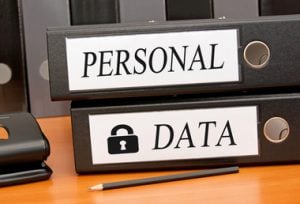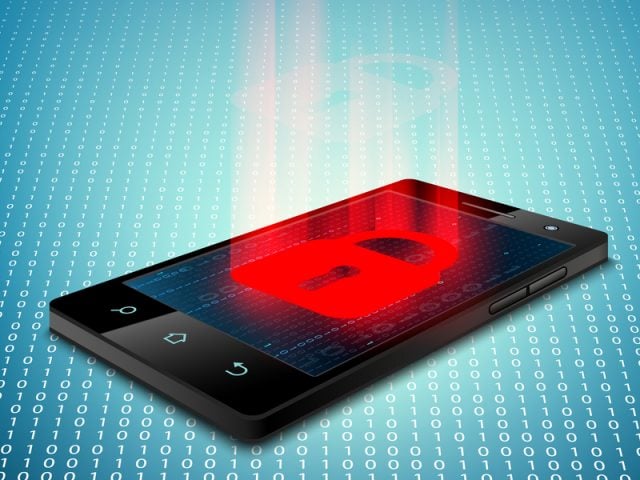By Jamie Redman,
The U.S. federal government is making substantial advances towards accessing encrypted smartphone data. If authorities get their way, it could lead to severe privacy implications for bitcoin users.
The Feds Are Gaining Access to Smartphone Data
 A recent Florida court proceeding details a man named Aaron Stahl was allegedly using his iPhone to take pictures up the skirt of a woman while she was walking around a store. Law enforcement had obtained Stahl’s iPhone but was unable to access the data without his permission. At first, the court said that Stahl could not be coerced into handing over his phone’s passcode due to Fifth Amendment rights violations. However, a three-judge panel presided by Judge Anthony Black overruled that decision.
A recent Florida court proceeding details a man named Aaron Stahl was allegedly using his iPhone to take pictures up the skirt of a woman while she was walking around a store. Law enforcement had obtained Stahl’s iPhone but was unable to access the data without his permission. At first, the court said that Stahl could not be coerced into handing over his phone’s passcode due to Fifth Amendment rights violations. However, a three-judge panel presided by Judge Anthony Black overruled that decision.
“Providing the passcode does not ‘betray any knowledge [Stahl] may have about the circumstances of the offenses’ for which he is charged,” explained Judge Black. “Thus, ‘compelling a suspect to make a non-factual statement that facilitates the production of evidence’ for which the state has otherwise obtained a warrant based upon evidence independent of the accused’s statements linking the accused to the crime does not offend the privilege.”
This case and a few others across the U.S. show the government is focused on obtaining phone encryption keys and backdoor access to privileged data. Earlier this year, the FBI was in a battle with tech giant Apple over access to the company’s encrypted products. Meanwhile, politicians across the U.S. have been clamoring for easier ways to obtain encrypted data, from Hillary Clinton to President Obama. People carrying digital assets like bitcoin on encrypted phones, President Obama once said, is akin to carrying a “Swiss bank account” in one’s pocket.
The Privacy War Is Sure to Rise in 2017
 With governments everywhere implying they want access to your digital life with no questions asked, it shows the 2017 privacy battle may get scarier. Bitcoiners who store digital assets on their phones should take precautions for the implications that may arise. Many people use their smartphones for storing cryptocurrencies because they can offer top-notch security. However, people should understand that government overreach is breaking precedent regularly.
With governments everywhere implying they want access to your digital life with no questions asked, it shows the 2017 privacy battle may get scarier. Bitcoiners who store digital assets on their phones should take precautions for the implications that may arise. Many people use their smartphones for storing cryptocurrencies because they can offer top-notch security. However, people should understand that government overreach is breaking precedent regularly.
Bitcoin advocates can reach out to their regional politicians to tell them they should be against the government gaining access to private data. Yet this effort may fall on deaf ears as many feel that appealing to the state to fix the state may be a lost cause. If this is the case, cryptocurrency proponents can support groups like the Electronic Frontier Foundation or possibly team up with groups of libertarians or the Pirate Party. There are many individuals and organizations that are trying to protect digital privacy and joining forces with them may prove fruitful.
Alongside knowing the government is focused on accessing people’s data there are many steps people can take to stay more private. This includes using Tor, Virtual Private Networks (VPNs), burner emails, cryptocurrency tumbling tools, encrypted messaging, encrypted email platforms and more. The encryption battle will likely continue, but there is hope as many of the emerging technologies today like bitcoin are drastically shifting the paradigm.

